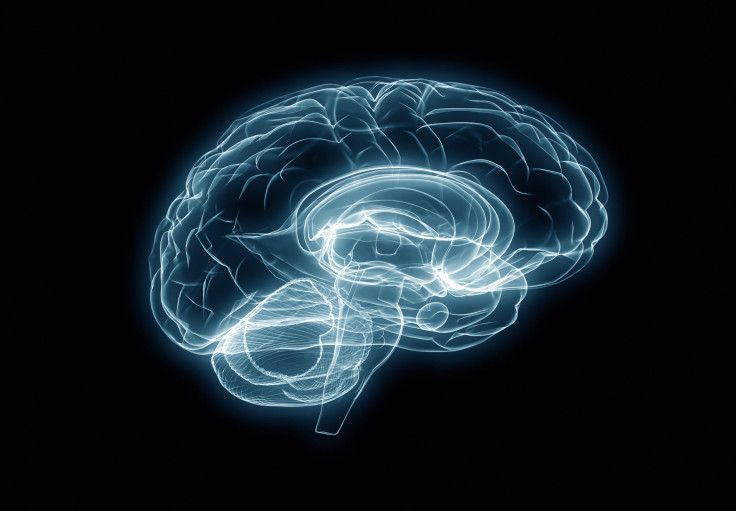
Being bilingual comes with many advantages ranging from the practicality of living in a globalized world, and being more cultured and cosmopolitan. But a new study has found that there is another added benefit of knowing how to speak more than one language: a delayed onset of Alzheimer's. In a study from India, scientists examined 648 patients with dementia to "determine the association between bilingualism and age at onset of dementia and its subtypes, taking into account potential confounding factors." Of the 648 participants, 391 subjects were bilingual and the scientists examined the age of onset of the Alzheimer's to see if there was a distinction between the patients that were bilingual and those that were monolingual.
"Overall, bilingual patients developed dementia 4.5 years later than the monolingual ones," wrote the researchers of the results of their study in the journal Neurology. "A significant difference in age at onset was found across Alzheimer disease dementia as well as frontotemporal dementia and vascular dementia, and was also observed in illiterate patients. There was no additional benefit to speaking more than 2 languages. The bilingual effect on age at dementia onset was shown independently of other potential confounding factors such as education, sex, occupation, and urban vs rural dwelling of subjects." The researchers concluded: "This is the largest study so far documenting a delayed onset of dementia in bilingual patients and the first one to show it separately in different dementia subtypes. It is the first study reporting a bilingual advantage in those who are illiterate, suggesting that education is not a sufficient explanation for the observed difference. The findings are interpreted in the context of the bilingual advantages in attention and executive functions."
Alzheimer's is the sixth leading cause of death in the United States with over 5.2 million Americans currently living with the disease, according to the Alzheimer's Association. With the number of people in the 65 and older bracket growing, it has been estimated that by 2025, 7.1 million Americans will be living with the condition and it has been projected that by 2050, the number of people living with the disease will triple. In the Latino community, dementia is considered to be a public health epidemic, as estimates predict that the number of Hispanic elders with Alzheimer's could increase six-fold by the end of the century. "Studies of Caribbean Hispanics in Manhattan have found significantly higher incidence rates of Alzheimer's, independent of comorbidities and education," writes the Alzheimer's Association. "A study of Mexican and Central American Hispanics in California found a similar proportion with Alzheimer's and a higher proportion with vascular dementia than might have been expected based on data from the non-Hispanic white population."
Image courtesy of Jezper via Shutterstock.
© 2025 Latin Times. All rights reserved. Do not reproduce without permission.





